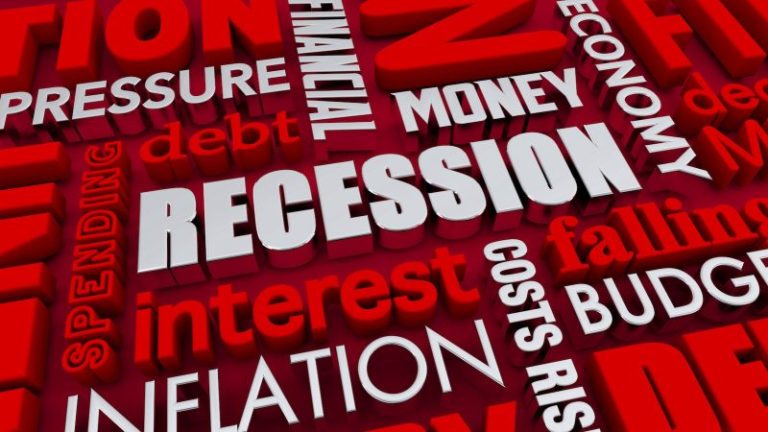In recent weeks, investors and analysts alike have been closely monitoring the tech sector as signs of a potential economic downturn become more prominent. The ongoing selloff in tech stocks has not only prompted concerns about the health of the market but has also intensified fears of an impending recession.
One of the key factors driving the selloff in tech stocks is the growing apprehension surrounding inflation and rising interest rates. As the Federal Reserve considers tightening its monetary policy to combat increasing inflationary pressures, investors are bracing for the potential impact on high-growth tech companies that have thrived in a low-interest environment. Rising interest rates could lead to higher borrowing costs for these companies, impacting their profitability and growth prospects.
Additionally, escalating geopolitical tensions and supply chain disruptions caused by the ongoing pandemic have further contributed to the unease surrounding tech stocks. The chip shortage, in particular, has hindered the production of electronic devices and forced companies to revise their revenue forecasts. This, in turn, has weighed heavily on the stock prices of tech giants that rely heavily on a steady supply of semiconductors.
Moreover, regulatory scrutiny on big tech firms has added another layer of uncertainty for investors. Antitrust investigations and proposed legislations aimed at curbing the dominance of tech companies have raised concerns about potential fines, stricter regulations, and even the breakup of monopolistic practices. As regulatory pressures mount, investors are becoming increasingly wary of the long-term sustainability of tech stocks in the face of increased scrutiny and potential legal challenges.
Despite the gloomy outlook, some market analysts remain cautiously optimistic about the tech sector’s resilience. Many believe that the recent selloff presents buying opportunities for investors looking to capitalize on the dip in stock prices. While the near-term outlook may be clouded by uncertainties, the long-term growth potential of innovative tech companies cannot be overlooked.
In conclusion, the recent selloff in tech stocks has underscored the fragility of the market and heightened concerns about a potential economic downturn. As inflationary pressures, supply chain disruptions, and regulatory challenges continue to weigh on investor sentiment, it is crucial for market participants to remain vigilant and adapt their investment strategies accordingly. While the road ahead may be rocky, opportunities for growth and recovery are still within reach for those willing to weather the storm.



